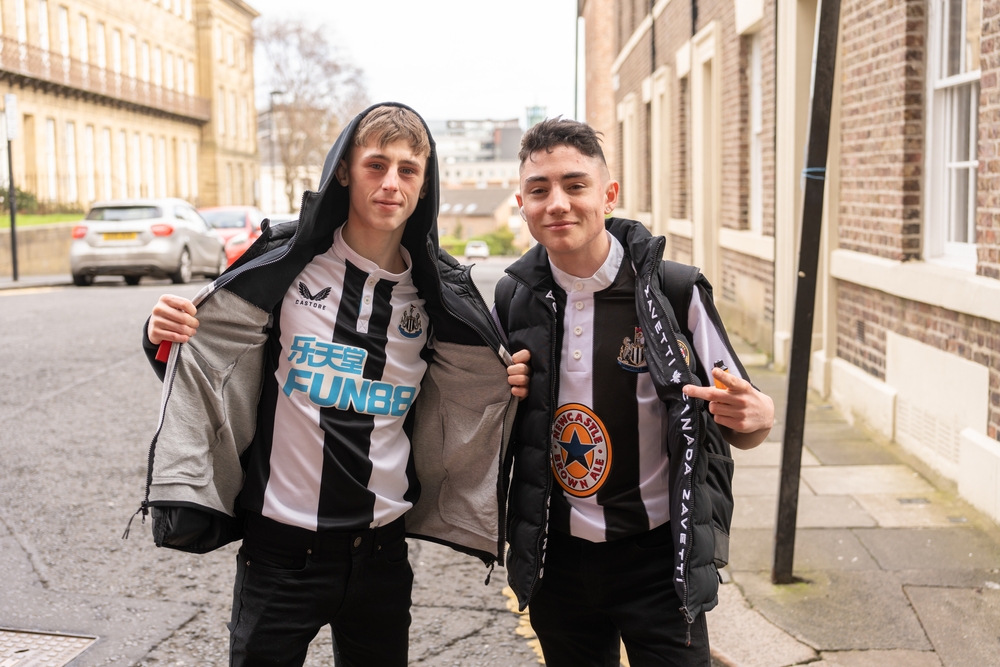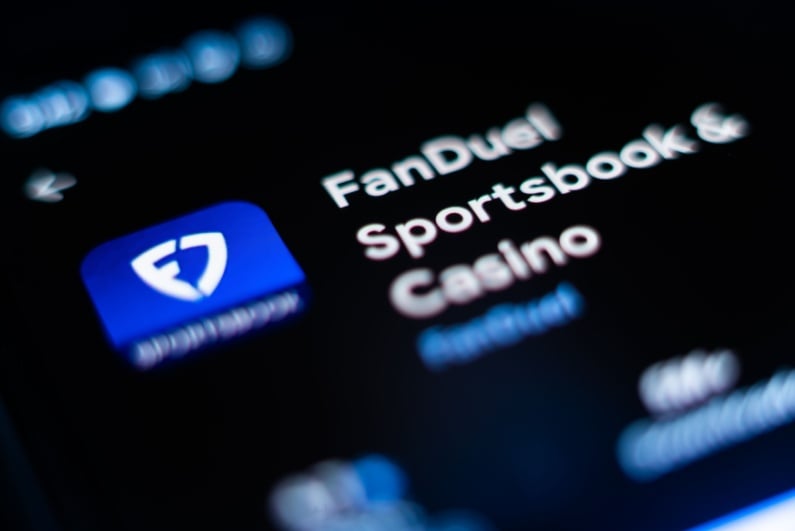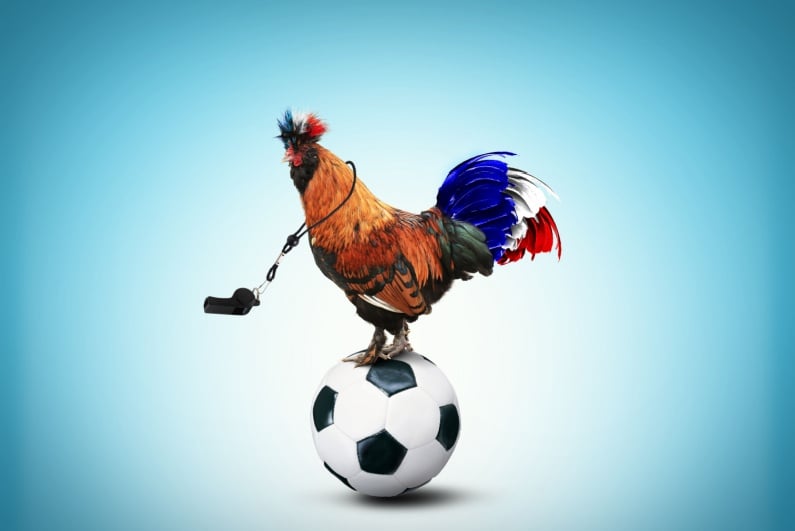Cash is king
Sports betting is not going anywhere. Why? Because money talks.
It might not sing as well as the fat lady or as cheerfully as the morning songbirds, but it carries a loud voice everywhere it goes. It might not grow on trees or flow in the breeze, but it grips the globe regardless.
the riches of Madrid and the prestige in Paris
Sports have always been about money. Did it never occur to you that American athletes prefer to play in New York and Los Angeles for a reason? What about the Europeans, are they any different? No, they still frequent the riches of Madrid and the prestige in Paris, the money in Manchester, and the business in Berlin.
Money is the end-all-be-all in sports, and despite what some prominent voices might want you to believe, the rise of sports betting is not to blame for the fragmentation that has occurred.
The landscape of modern sports
Money has always been the driver behind professional sports in Europe and the US, long before betting properly reared its head. Its importance has also grown throughout the years, with more emphasis now placed on the financial aspect to competitions than ever before.
Take a look at name, image, and likeness (NIL) laws in the NCAA; years of deliberation eventually brought change to a previously-marginalized group of special people. However, the new legislation left very few guidelines in place, and players are now being sold to the highest bidder.
How about on the golf course? The LIV Golf Series, an alternative to the PGA Tour, is paying hordes of money for golfers to leave the traditional regime. In June, LIV allocated $2bn in funding to expansion and upcoming prize pools. Rumors also swirled that the Saudi-backed competition offered a post-peak Tiger Woods $750m just to join their movement.
Newcastle has an estimated overall worth of £320bn ($383.43bn)
The Saudis also made waves in England recently, purchasing middle-of-the-road English Premier League side Newcastle United with the hopes of making it the best club in Europe. Owned mostly by the state-run Public Investment Fund, figures from late 2021 suggest that Newcastle has an estimated overall worth of £320bn ($383.43bn), 13.8-times higher than the second-wealthiest club in the world, Manchester City.

The Magpies’ financial takeover only just occurred, but they moved from a relegation scrap to a top-half finish in just a few months, putting their plan for world domination on the right course.
everyone wants a cut of the pot
What’s more, fans can hardly watch sports without a subscription to a variety of providers and streaming services. Peacock, ESPN+, Amazon Prime Video, Hulu, FuboTV, YouTube TV, Sling TV, a partridge in a pear tree, everyone wants a cut of the pot.
Why? Because money talks.
Betting is an unavoidable reality
Despite the undeniable truth that money and professional sports are intrinsically connected, gambling’s encroachment on US sports has met some resistance. This is particularly true now that players, teams, and personnel groups are signing countless sponsorships with gambling companies.
Earlier this month, the Major League Baseball Players Association (MLBPA) and MGM Resorts signed a partnership deal, granting the Vegas giant access to exclusive business and marketing rights. At the same time, players given the chance to form their own deals with sportsbook BetMGM.
ingraining betting into casual fandom
Colorado Rockies star Charlie Blackmon kickstarted the wave of MLB players bonding with sportsbooks when he signed with MaximBet. Not to be outdone, however, professional sports stadiums, whether in the MLS, NBA, MLB, NFL, or other leagues have unveiled on-site sportsbooks, ingraining betting into casual fandom even further.
But not everyone is ready for such moves. Earlier this week for instance, MLB Players Association boss Tony Clark described gambling as a “dangerous world,” warning against the increased number of deals with sportsbooks. Meanwhile, NBA legend Charles Barkley recently touted a similar message, somewhat hypocritically given his own deal with FanDuel.
The guiding light, not the enemy
While the hesitance of Clark and Barkley may be understandable to a certain degree, here is the reality of the situation: sports are a business. The goal of business is to make money; the goal of the business’ recipients, the audience, is to be entertained; entertainment has and will always be driven by money.
Sports betting is not to blame for the fraying lines within modern athletics, nor the murky future that lays ahead. The unavoidable truth is that sports betting is not the problem, but the solution to the evils at play.
And how do we know that? Because money talks.




